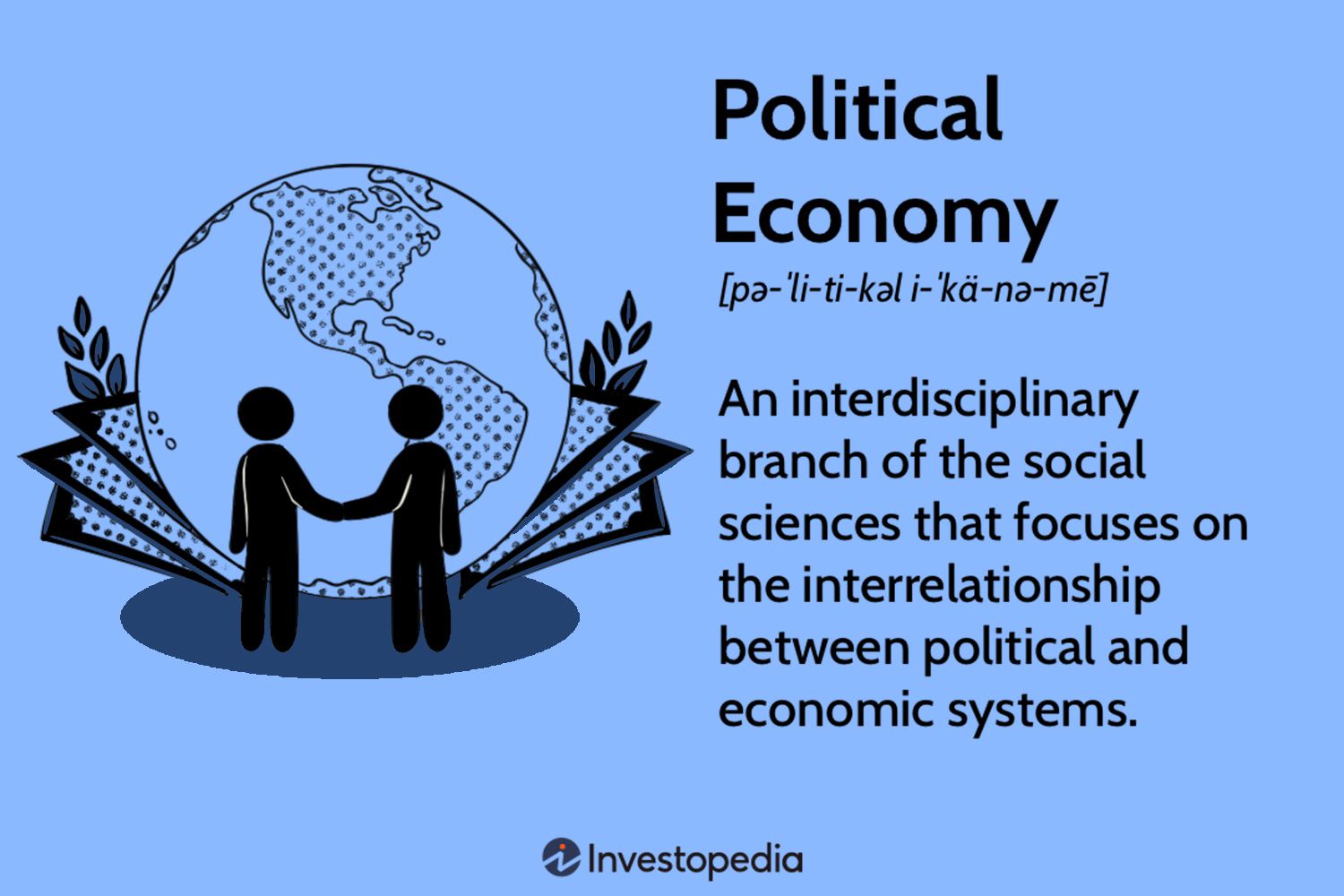Throughout history, economic factors have played a crucial role in driving social and political change. The interplay between economics, society, and politics has shaped the course of human development, influencing everything from cultural norms to governmental structures.
The Impact of Economic Factors on Social Change
Economic factors have significantly impacted social change by shaping the distribution of wealth and resources within societies. The allocation of resources has been a driving force behind social stratification, leading to the emergence of distinct social classes. Additionally, economic disparities have often led to social unrest, as marginalized groups seek to address inequalities and achieve greater economic parity.
Furthermore, economic transformations, such as the shift from agrarian to industrial economies, have brought about significant changes in social structures and interpersonal relationships. The Industrial Revolution, for example, led to urbanization and the rise of the working class, fundamentally altering the dynamics of labor and paving the way for the formation of labor movements and trade unions.
The Role of Economic Factors in Political Change
Economic factors have exerted profound influence on political systems and governance. Economic disparities and grievances have been central to political movements and revolutions throughout history. The French Revolution, triggered in part by economic hardships and inequality, culminated in the transformation of the political landscape in France.
Moreover, economic changes have prompted the formulation of new economic policies and political ideologies. The rise of capitalism and socialism, for instance, has been closely tied to economic developments and the reconfiguration of power dynamics within societies.
Historical Examples of Economic Influence on Social and Political Change
Examining historical events provides insights into the intricate relationship between economic factors and social and political change. The Great Depression of the 1930s serves as a poignant example of how economic downturns can spark widespread social and political upheaval. High unemployment and poverty drove social discontent, contributing to the rise of populist movements and shaping government responses to economic crises.
Likewise, the decolonization movements in the 20th century were deeply intertwined with economic aspirations for independence and self-determination. The desire for economic autonomy and the ability to control natural resources were central drivers of the decolonization efforts in various regions across the globe.

Credit: helpfulprofessor.com
Contemporary Relevance of Economic Factors in Social and Political Change
Even in contemporary times, economic factors continue to shape social and political landscapes. Globalization and the interconnectedness of economies have led to the amplification of economic influences on social and political dynamics. Economic interdependence has led to the rise of transnational issues that necessitate coordinated international responses, such as climate change and economic inequality.
The financial crises of the 21st century have also underscored the deep entanglement of economic and political systems. The 2008 global financial crisis, for example, prompted significant shifts in policy priorities and ideological perspectives, influencing subsequent political decisions and public perceptions.
Strategies for Addressing the Interplay of Economic, Social, and Political Factors
To mitigate the negative impacts of economic factors on social and political stability, comprehensive strategies are essential. Addressing economic inequality and promoting inclusive economic growth are critical steps in fostering social cohesion and political stability. Policies that aim to expand access to education, healthcare, and economic opportunities can help mitigate the adverse effects of economic disparities.
Fostering transparent governance and participatory political processes is equally important in ensuring that economic policies represent the interests of all segments of society. By incorporating diverse perspectives and ensuring equitable representation, political systems can work towards addressing economic grievances and promoting social harmony.
:max_bytes(150000):strip_icc()/pest-analysis.asp-896881e77f6a46588dcc398b45fa3274.jpg)
Credit: www.investopedia.com
Frequently Asked Questions On How Did Economic Factors Influence Social And Political Change Throughout History?
How Did Economic Factors Shape Social And Political Change Throughout History?
Economic factors have played a pivotal role in driving social and political transformations across history. The rise and fall of civilizations, class struggles, and revolutions can be attributed to the impact of economic forces on society.
What Are The Key Economic Factors That Influenced Social And Political Change?
Several key economic factors have shaped social and political change, including technological advancements, trade routes, natural resources, industrialization, income inequality, and economic recession or growth.
How Did Technological Advancements Drive Social And Political Change?
Technological advancements throughout history, such as the invention of the printing press, steam engine, or the internet, have revolutionized industries, enhanced communication, and led to social and political changes by altering the way people live, work, and interact.
What Role Did Trade Routes Play In Social And Political Change?
Trade routes have facilitated the exchange of goods, ideas, and cultures between different civilizations, leading to the rise and fall of empires, creation of new social classes, and the spread of religions and ideologies.
Conclusion
In conclusion, the intricate interplay between economic, social, and political factors has been a defining feature of human history. From shaping social structures and class dynamics to influencing political ideologies and governance, economic factors have left an indelible mark on societies throughout the ages. By recognizing the far-reaching impacts of economic forces, societies can strive to foster inclusive and equitable systems that promote both social well-being and political stability.
Guest Author Sakhawat-Shuvo wrote and edited this Article based on his best knowledge and understanding. These opinions and remarks are not endorsed or guaranteed by epichistoria.com or EpicHistoria. The Epic Historia does not guarantee this article’s content. Readers should verify and use their judgment before trusting the content. Also, the Images used in this Article are the copyright of their Respective Owners. Please use our Comment Box or Contact Us form to report this content. This information is not accountable for losses, injuries, or damages.


